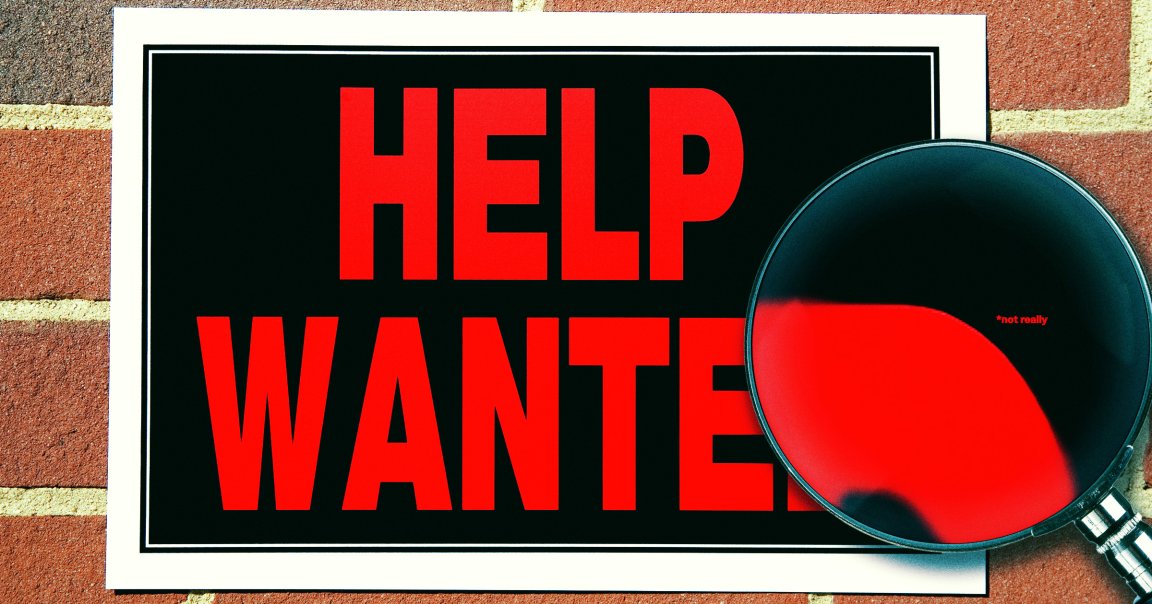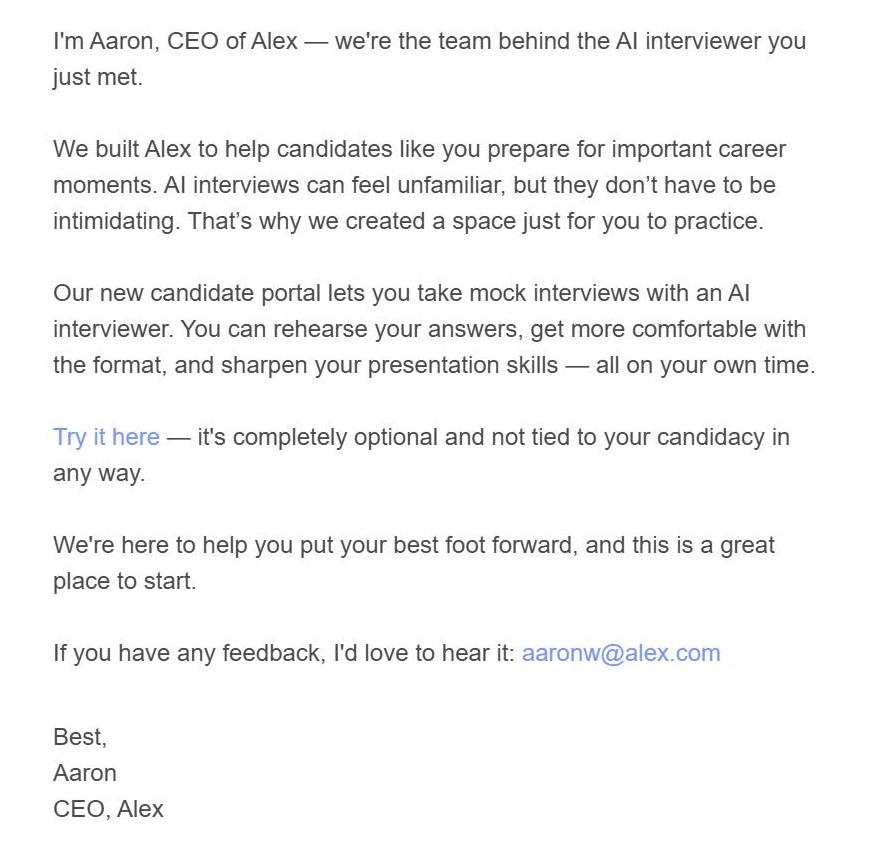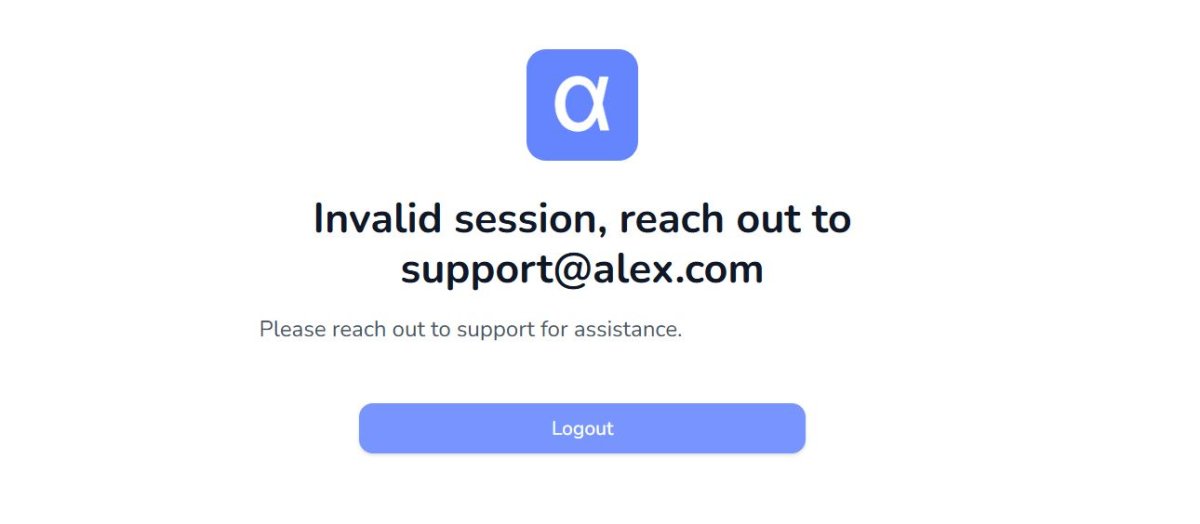
When a job seeker named Conor recently applied for a content architecture position, something felt off right away.
For one thing, he got an offer for a virtual job interview just minutes after he applied, which seemed like a suspiciously quick turnaround time in today’s beleaguered job market. Was there any way that a human had actually reviewed his application?
And when he logged in for the interview, he immediately realized he was talking to an AI system, not a human. It wasn’t the first time this had happened to him during his job search, but this AI was particularly clunky: it asked overly generic questions, paused awkwardly after he answered them, and refused to provide even basic information about the role.
“Compared to other AI I had talked to, this was just not programmed with any company information, couldn’t tell me the timeline of the hiring process, or about any benefits being offered,” said Conor, who asked to be identified only by his first name since he’s still on the job market, in an interview with Futurism.
He left the call confused and dispirited. And then, minutes after the “interview” wrapped up, he received a strange followup email from the company behind the AI interviewing system, a startup called Alex.
“AI interviews can feel unfamiliar, but they don’t have to be intimidating,” read the message. “Our new candidate portal lets you take mock interviews with an AI interviewer. You can rehearse your answers, get more comfortable with the format, and sharpen your presentation skills — all on your own time.”
Suddenly, Conor felt like he’d been used. Had the whole thing been a ruse? Had there even been a job in the first place, or had it been wasting his time with a fake listing — a “ghost job,” in hiring parlance — designed to pull in users for a startup’s new product by belittling them with a pointless interview?
Adding insult to injury, the email’s link to Alex’s “mock interview” service led to a blank white page plastered with the words “coming soon.”

“It just feels like a new approach to a scam,” Conor said.
He’s right, but Alex turns out to be a multimillion-dollar startup founded by a Brown University dropout named John Rytel and a former Facebook AI employee called Aaron Wang.
After graduating from prominent startup accelerator Y Combinator in winter of 2024, Alex — then known as “Apriora AI” — went on to raise $2.8 million in a seed round led by 1984 Ventures, a venture capital firm boasting stakes in companies like Seso, an HR platform for hiring and managing seasonal Mexican farmhands en masse.
Though virtual interview software like HireVue has existed since 2004, Rytel and Wang say it doesn’t go far enough.
“Existing video interviewing platforms were built to solve this for companies, but their one-way interfaces and cookie-cutter questions create a disappointing candidate experience,” they explained in their Y Combinator launch announcement.
Their $2.8 million solution? We applied for the same job as Conor, conducted our own interview with Alex’s AI, and it felt like that same one-sided automated process its founders had described, except with some generative AI sprinkled in.
The system was glitchy, slow, and clearly pushing us through a series of pre-specified questions. As with Conor, Alex’s AI refused to provide any details about the job or the company allegedly hiring for it.
And when we asked Alex’s AI about the peculiar offer Conor had received about the “mock interviews with an AI interviewer,” it denied that any such program existed.
“I don’t have any knowledge of or connection to such services or advertisements,” it replied.
But when we signed off the interview, we got the same email as Conor.

When we clicked the link, we were met by the same blank page.
“I felt so terrible about the interview,” Conor told us of the uncanny experience. “They kind of just took all of my information and just didn’t provide me anything about the company.”
“I was like, this is impossible. It just felt like, this is not real, not anything to be taken seriously,” he continued. “And if it was even remotely a legitimate offer, the whole process just felt so jarring.”
Conor’s experience is a textbook example of the kind of alienation enabled by a world increasingly mediated by for-profit AI software. A June report by the Ludwig Institute for Shared Economic Prosperity found that nearly a quarter of Americans are “functionally unemployed,” owing in large part to a high number of discouraged workers — people who are willing to work but who’ve given up on looking for a job.
Many of them say they’d rather rather stay unemployed than talk to a robot, calling it an “added indignity” to the meatgrinder of online job boards. Earlier this year, an astonishing 62 percent of US jobseekers said they’d be turned off from applying to a job that used AI recruitment software.
According to the Washington Center for Equitable Growth, automated hiring systems like Alex often exclude qualified applicants from finding otherwise available jobs, confounding both hiring companies and job seekers.
There’s also the enormous minefield of AI discrimination. Tools like Alex are trained on huge troves of existing data, meaning that real-life socioeconomic bias is baked into the software from the start. Researchers have already identified the grim consequences of this, finding that AI hiring programs favor names associated with white applicants a staggering 85 percent of the time.
And in the face of all this hiring automation, a February Harvard study concluded that it was the applicants with the most internal referrals — those from well-connected or high-income backgrounds, typically — who were statistically the most likely to land gigs gatekept by AI platforms.
Alex didn’t respond to questions about this story.
But it did eventually replace the blank landing page with a barebones site listing mock interviews for implausible-sounding jobs including “Space Tourism Guide,” “Professional Athlete,” and “Mayor of Springfield, IL.”

However, when we clicked “Launch Interview” on the jobs, the site crashed and wouldn’t let us go any further.

More on AI: Companies Bragging About Their AI Furious as Job Applicants Use AI During Interviews